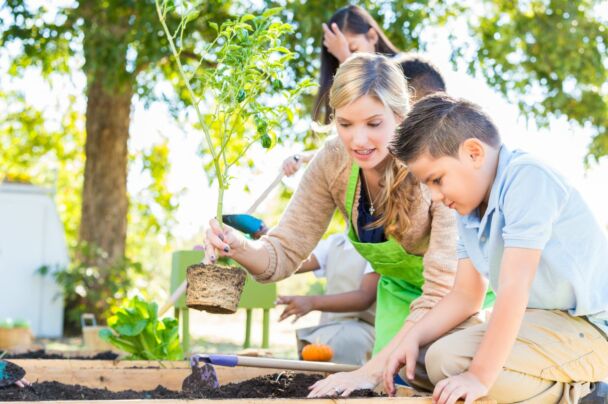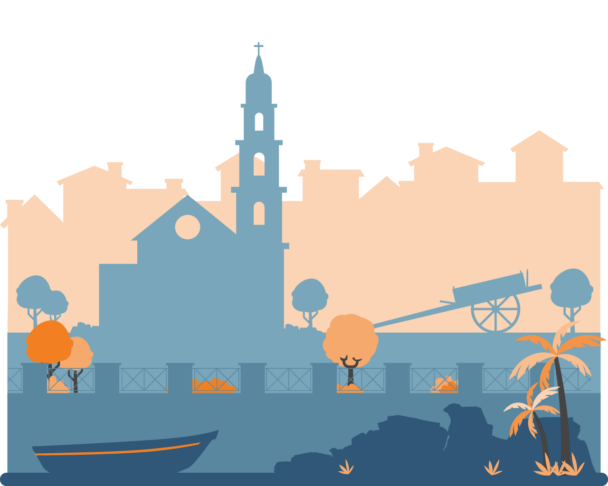Description
Humanity is facing an environmental crisis without precedents, and the rise of food prices is rocketing! Isn’t it time to get our hands dirty, and start to educate future generations to grow their food?
School gardening might help with that! It will familiarize your learners to become responsible for the environment while enlightening their minds with the beauty of nature.
This course is an introduction to the world of existing agriculture and gardening methods to put the participants in the condition of building a garden for their school.
Participants will learn about climates, types of soil, seeds, and plants, and how to create food and medicines with them. They will also learn how to take care of plants and trees as well as how to use existing and recycled materials to create compost.
Participants will also analyze different garden and water irrigation systems in order to learn to design a well-structured garden for their school. Finally, they will discuss the practice of “urban gardens,” i.e., the possibility to use concrete areas in a city to create green-spaces.
By the end of the course, participants will feel more confident in guiding their learners (from primary or secondary school) to create together a school garden. They will acquire an innovative method to make their students build connections with the environment and establish a sense of community.
What is included
Learning outcomes
The course will help the participants to:
- Master the basics of botanic;
- Employ basic techniques and methods in agriculture and gardening;
- Use recycled materials to create compost;
- Design and plan a garden for their schools.
Tentative schedule
Day 1 – Introduction to the course and climate awareness
- Introduction to the course, the school, and the external week activities;
- Icebreaker activities;
- Presentations of the participants’ schools;
- Where do we leave? Nature in our country;
- How climate change or pollution affects our local community;
- How our community is educated on climate awareness.
Day 2 – The plant world
- Common European plants and fauna;
- Light and other plants’ needs;
- Plants as a natural medicine and herbal tea making;
- Agricultural and gardening practices;
- Outdoor activity: trip out to the local botanic garden.
Day 3 – Building gardens and recycling materials
- Styles of garden layout: what would work for your school?
- Varieties of soil: what type is right for your plants?
- Types of compost, and making your own composted soil using leftover foods and materials;
- Getting our hands dirty and planting seeds.
Day 4 – Water, the basis of life
- Water: how humanity has collected and obtained it?
- How to look for water?
- Irrigation systems and how they can serve your garden;
- How to make your own water reservoir or school pond: design ideas and class planning for schools.
Day 5 – Urban gardens and going green in the city
- Planning urban gardens for their own community;
- Activity: trip to a local urban garden community to learn how they adapt to their surroundings;
- Working, sharing, and learning with local people.
Day 6 – Course closure and cultural activities
- Course evaluation: round-up of acquired competencies, feedback, and discussion;
- Awarding of the course Certificate of Attendance;
- Excursion and other external cultural activities.




